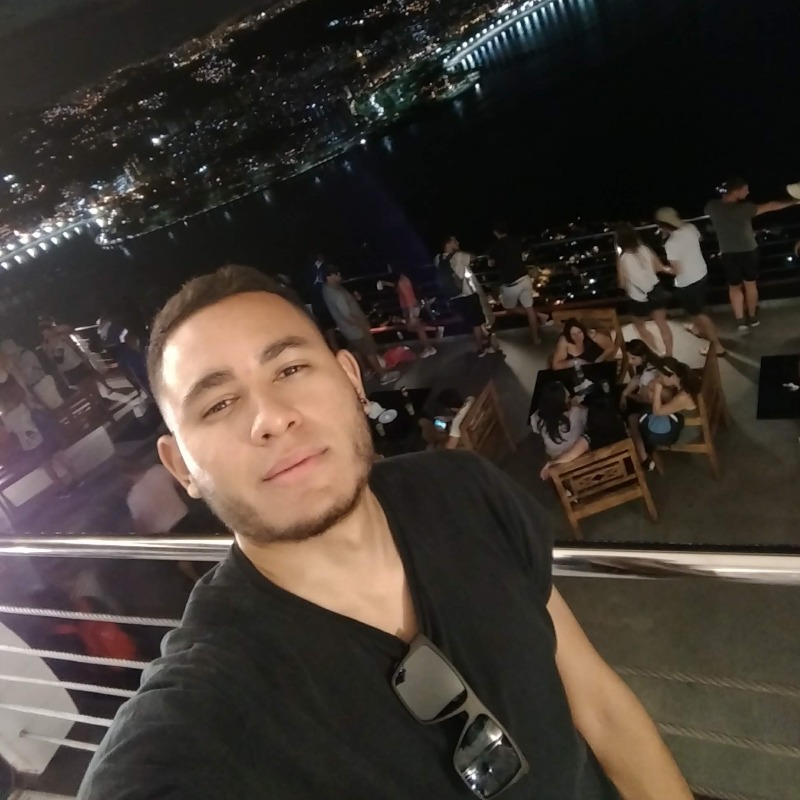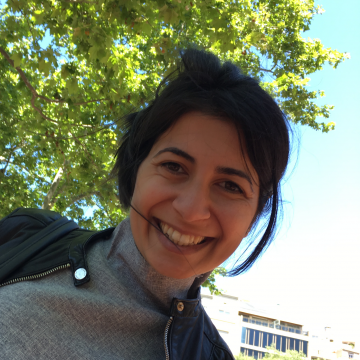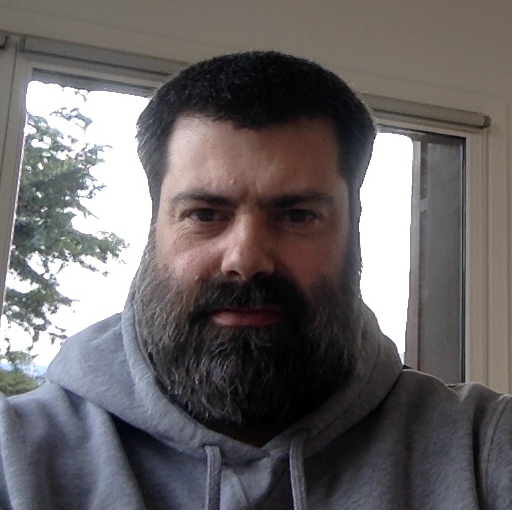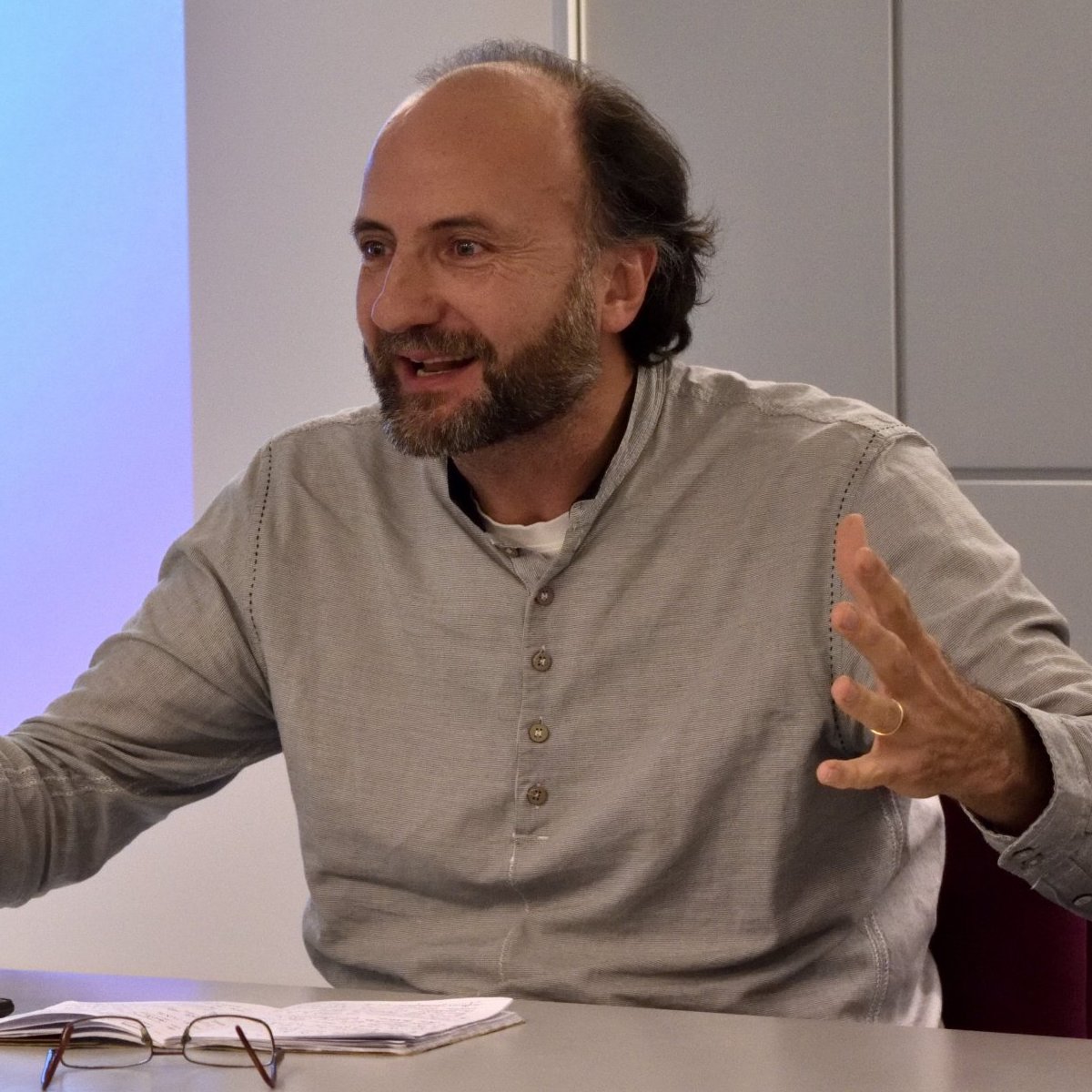A Project coordinated by IIIA.
Web page:
Principal investigator:
Collaborating organisations:
University of Trento (Italy)
Idiap Research Institute (Switzerland)
Open University of Cyprus (Cyprus)
Ben-Gurion University of the Negev (Israel)
U-Hopper (Italy)
London School of Economics and Political Science (...

Funding entity:
Funding call:
Project #:
Total funding amount:
IIIA funding amount:
Duration:
Extension date:
Diversity permeates our everyday life and covers many dimensions, such as competence, culture, gender or economic across humans and social relations. Technology has evolved to a point where humans from diverse backgrounds, cultures, and experiences have an unprecedented ability to connect with each other. Yet technology does not in-and-by-itself provide support for developing and maintaining the social relationships that transcend geographical and cultural backgrounds. WeNet addresses this gap by providing a diversity-aware, machine-mediated paradigm of social relations. The goal is connecting people that can support each other, and the key is leveraging their diversity. The WeNet paradigm includes a family of computational diversity-aware models supporting human interaction. Learning models construct diversity profiles based on people's past behaviour and interactions. A diversity-aware search builds upon these profiles to connect the "right" people together. To support people’s interactions, a diversity alignment mechanism lifts communication barriers to ensure that messages between humans are interpreted correctly, and a diversity-aware incentive mechanism generates incentives to motivate people to support each other. The entire paradigm is developed taking into consideration ethical guidelines. The WeNet platform provides the technological infrastructure to set out a series of studies that will be carried within universities worldwide with diverse student populations, and with the final goal of improving students' quality of life inside and outside the academic environment. Beyond universities, WeNet's innovative paradigm impacts human interactions in general, especially those that may benefit from a collaborative approach (creative industries, medical diagnosis, ...). The WeNet consortium will develop a research infrastructure that will allow the exploitation of the project results and strengthen the European innovation eco-system in a worldwide perspective.

PhD Student




